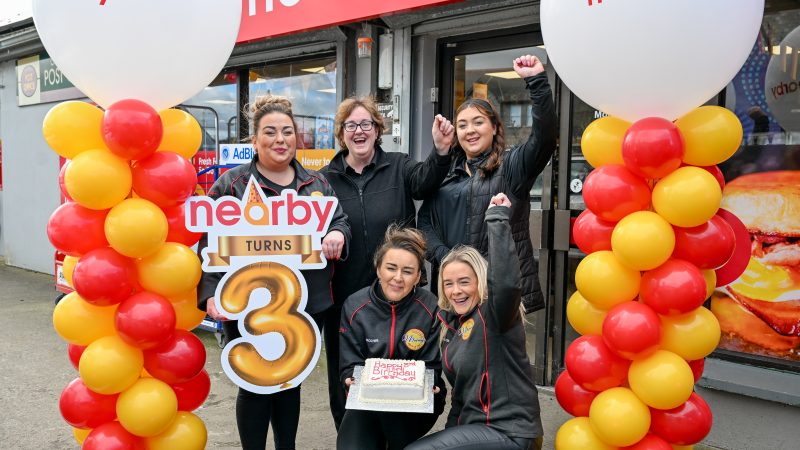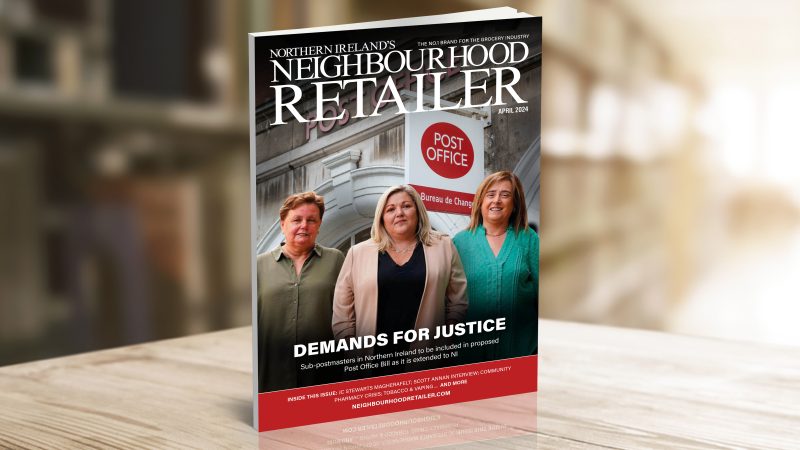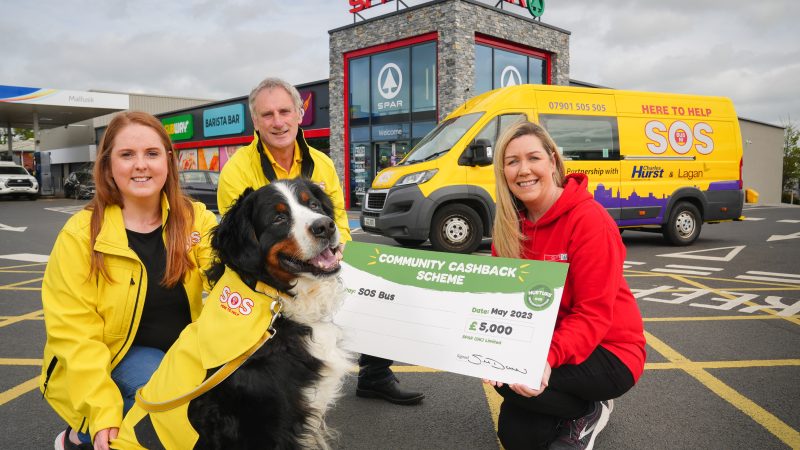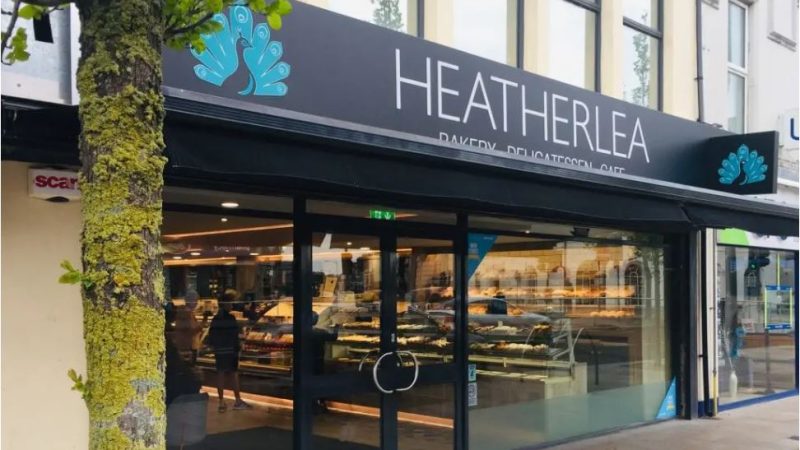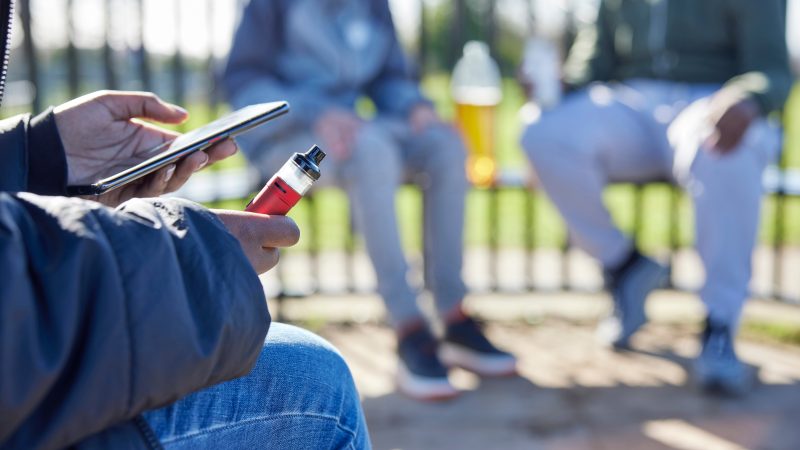Working up a thirst: notable trends in CSDs
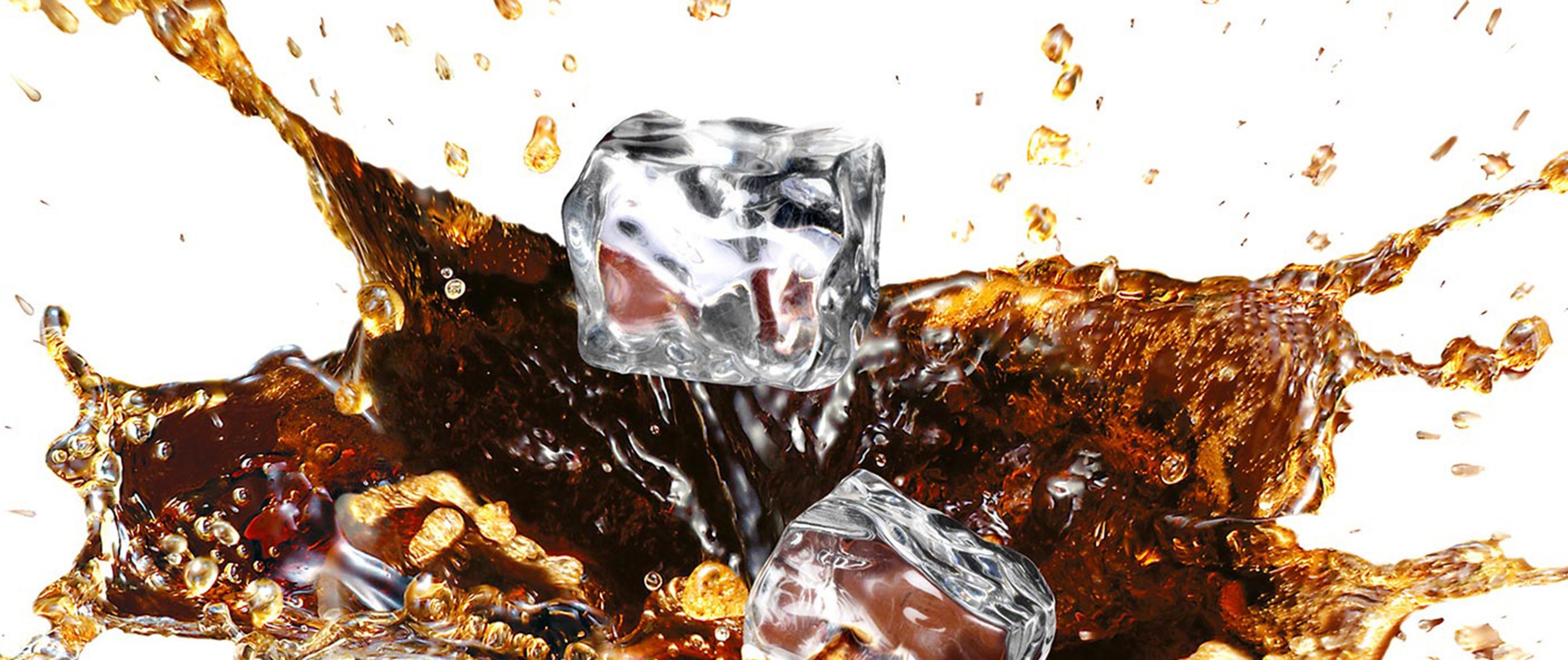
Soft drinks are a dominant force in the market with a high proportion of NI consumers purchasing each year. NR looks at notable trends and challenges facing CSDs.
Sales of carbonated soft drinks continue to be resilient, with total volume sales up 3.3% versus pre-pandemic figures, according to Mintel.
The company’s 2023 Carbonated Soft Drinks Market Report suggests that drinks’ affordability and their role as mood-boosting treats and alcohol replacements are the reasons behind this growth, while also acknowledging the correlation between strong sales and a hot summer last year.
Limited edition flavours have also helped maintain interest in the category.
Another area of growth was the fruit carbonate drinks, which witnessed sales grow by 12.5% year-on-year in the total market.
Britvic retail commercial director, Ben Parker said flavour innovation is “crucial” in helping to keep consumers excited by soft drinks, particularly as they are dealing with the continued cost-of-living crisis.
“It’s important to offer new products from well-known brands to help maintain basket spend,” he added.
‘Another area of growth was the fruit carbonate drinks, which witnessed sales grow by 12.5% year-on-year in the total market’
Looking specifically at take-home soft drinks in Northern Ireland, 99.2% of NI households are purchasing these (Kantar). They are buying them on average 55.7 times per year, which is down 4.85% year-on-year at 58.6 times.
Mintel’s most recent figures for Northern Ireland cover up to May 2021, with analysts finding Covid-19 had a significantly negative impact on the market.
Some 54% of Northern Ireland carbonated drink users claimed to be avoiding sugary carbonated drinks in 2021 compared to the 12 months previous, while 59% noted avoiding drinks subject to the sugar levy.
Covid-19 and the resultant lockdowns took their toll on the carbonated drinks market and in 2020 the value of the total carbonated drinks market for Ireland stood at €850.5 million, having fallen dramatically in value since 2019 due to Covid-19.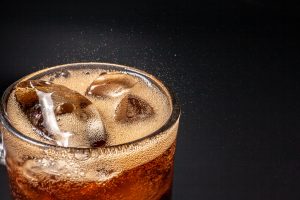
Between 2019 and 2020 it is estimated that the total value of carbonated drink sales for the Republic of Ireland fell by approximately 15.9%, while Northern Ireland experienced an 11.2% decline in value during the same time period.
Mintel research up to May 2021 found that consumers are increasingly concerned with the sugar levels in their diets, while the sugar levy is seemingly working to push consumers to make healthier drinks choices.
“Moving forward it is likely we will see greater reformation of drinks brands to move beyond the baseline requirements to avoid the sugar levy,” said Brian O’Connor, Senior Consume Analyst at Mintel.
“We will indeed see greater usage of functional ingredients to boost the health credentials of carbonated drinks,” he added.
‘Value is a major consideration for shoppers today, with tightening household budgets, consumers are having to be more considered in their grocery choices’
While nine in 10 Irish consumers had used carbonated drinks in the month to March 2021, among over-55s only three quarters have used CSDs. An ageing population will therefore potentially see the target market for carbonated drinks contract.
As such, this will see a need for carbonated drinks to reposition themselves to appeal more to mature consumers – potentially offering more functional ingredients or nutrition.
The most popular type of carbonated drink is cola (any type) with 67% of Northern Ireland consumers and 73% of RoI consumers drinking it in the month to March 2021.
Northern Irish consumers are just as likely to drink standard cola as diet cola at 49%, while RoI consumers are seven percentage points more likely to opt for standard colas (47%) compared to diet colas (40%).
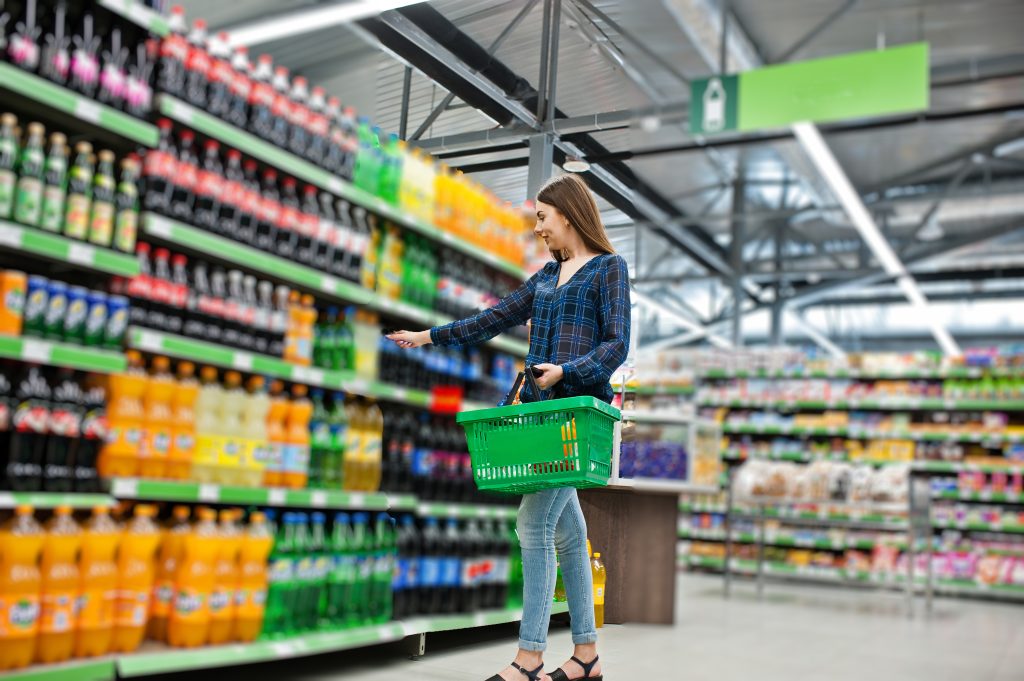
Northern Irish and RoI consumers also differ on carbonated water preferences, with NI consumers (typically less concerned with calories and sugar) more likely to opt for flavoured waters, while RoI consumers are more inclined to opt for unflavoured carbonated waters.
“Covid-19 has taken its toll on the carbonated drinks market – particularly on-trade sales,” said Brian O’Connor.
“Recovery is likely to be slowed by continued consumer concern relating to sugar content in drinks and the growing unease Irish consumers have towards single-use plastic.”
With sugar content high on the radar of the consumer, it is getting increasingly important to provide healthier options. According to YouGov research commissioned by Cawston Press, 60% of Britons are concerned about the amount of sugar, sweeteners and ingredients in their carbonated soft drinks, while 63% would prefer if their drinks were made with more natural ingredients.
Classic Pepsi has been reformulated to now have 57% less sugar, containing only 4.55 grams of sugar per 100ml.
As well as a decreased amount of sugar, the reformulated Pepsi is sweetened with a blend of acesulfame potassium and sucralose, with 56% fewer calories from added sugars.
PepsiCo states that over 90% of the colas it sells in the UK and Ireland are sugar-free.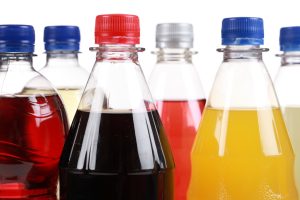
Value is a major consideration for shoppers today, with tightening household budgets, consumers are having to be more considered in their grocery choices.
With this in mind, multipacks of soft drinks can offer the consumer value for money, and indeed it has been reported that sales of multipacks significantly increased during the pandemic.
There are a few reasons to explain the increase in multipack sales, including higher fuel prices. According to Lumina Intelligence research (July 2022) rising fuel prices are causing more shoppers to think twice about driving to larger stores, with many stocking up more often in local, grocery-led convenience stores.
It is also predicted that the demand in multipacks might dip in Northern Ireland in October 2025, once the Deposit Return Schemes (DRS) come to an end, adding a potential £4.80 to a 24-can multipack.
TO VIEW THE FULL FEATURE IN THE NEIGHBOURHOOD RETAILER MAY ISSUE, CLICK HERE


